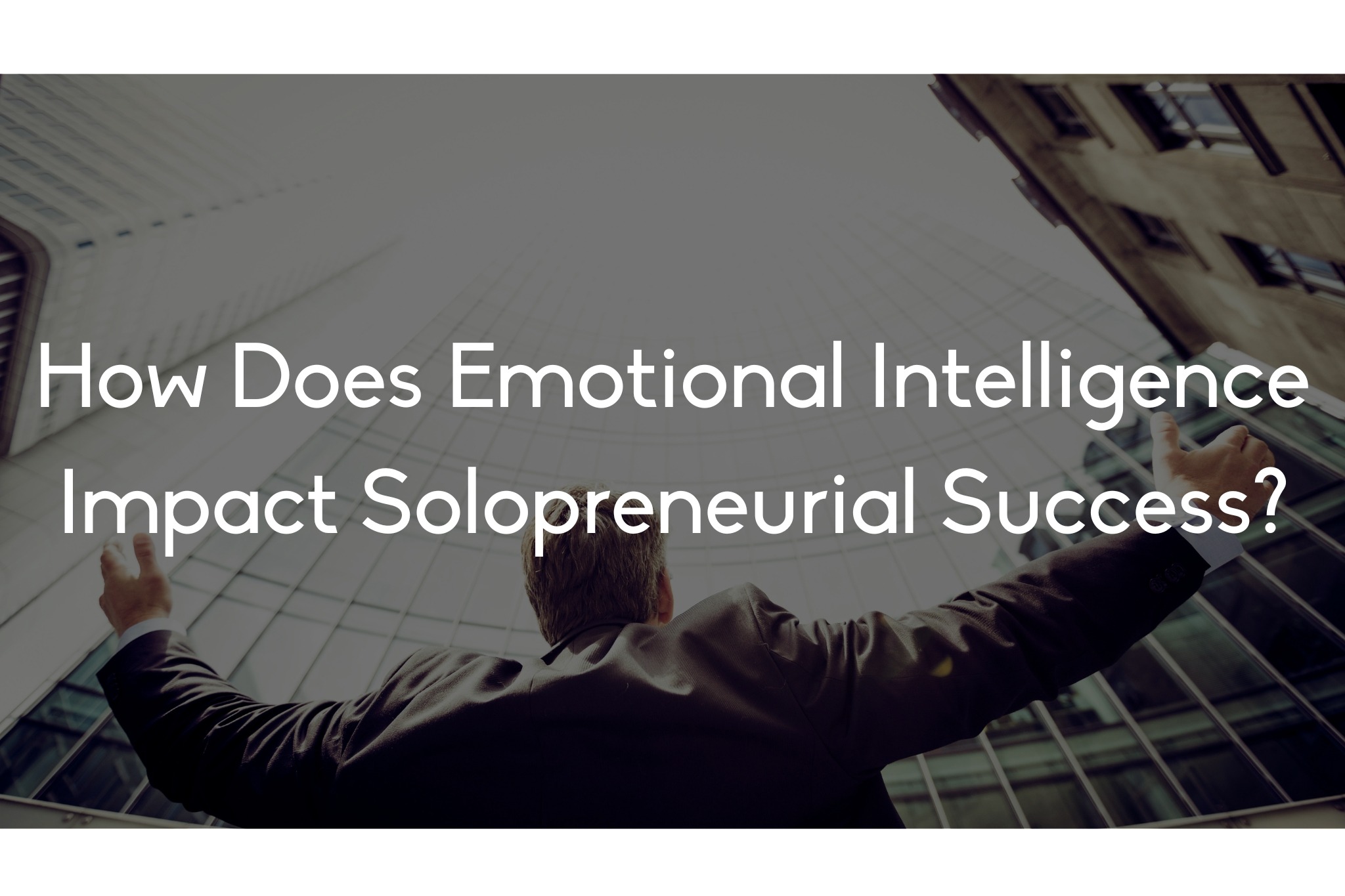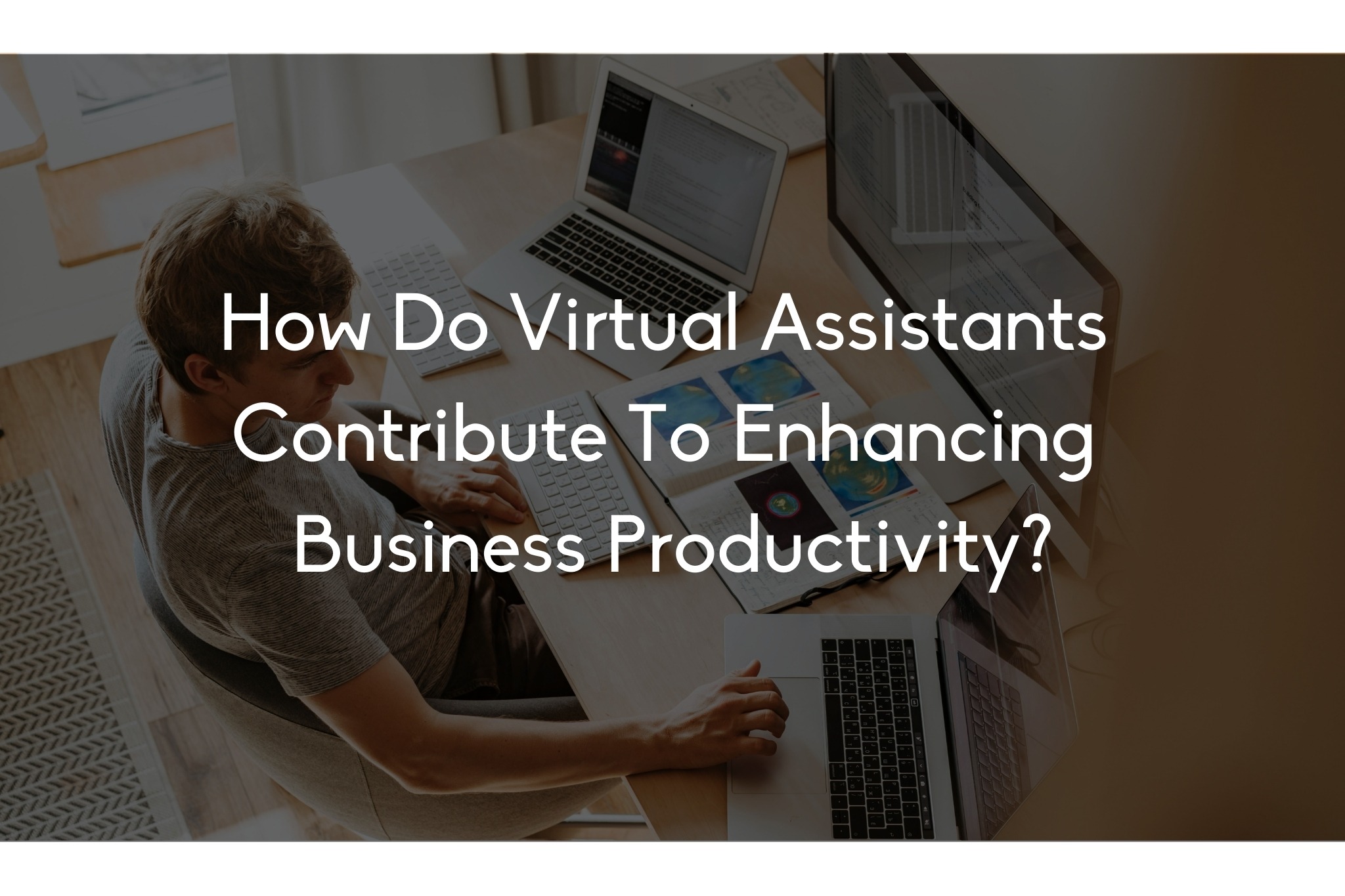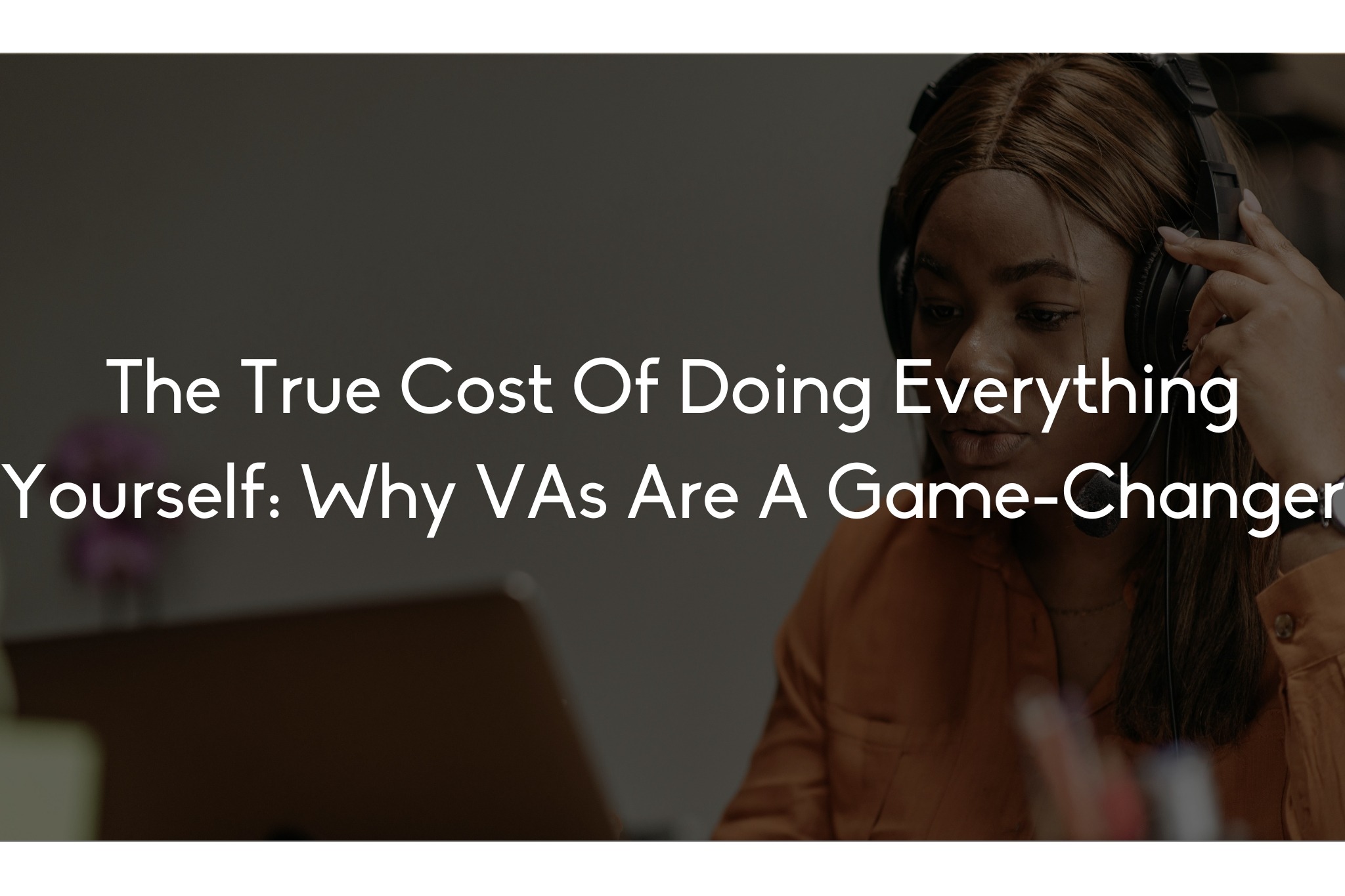
Solopreneurship can feel like a rollercoaster. From building your business from scratch to handling every aspect of operations, there’s no denying the heavy responsibility that falls on a solopreneur’s shoulders. The challenges come in waves—time management, client expectations, and even personal stress can all create the perfect storm. But what if the key to navigating these tumultuous waters isn’t found in yet another productivity hack or sales funnel strategy? What if the secret lies within you—more specifically, in your emotional intelligence?
Emotional intelligence, often referred to as EQ, is the ability to recognize, understand, and manage both your own emotions and those of others. As a solopreneur, you aren’t just juggling tasks—you’re constantly negotiating with clients, making decisions under pressure, and handling rejections or setbacks. High emotional intelligence gives you the tools to navigate these complex emotional landscapes, making it easier to lead yourself and your business toward success.
In this article, we’ll dive into how emotional intelligence directly impacts solopreneurial success, from strengthening client relationships to managing stress and overcoming obstacles with resilience. We’ll explore why developing your EQ could be as important as mastering any business skill, and how you can integrate emotional intelligence into your daily routine to see tangible improvements.
Being self-aware is the cornerstone of emotional intelligence. For a solopreneur, self-awareness isn’t just about understanding your strengths and weaknesses, it’s about recognizing your emotional triggers and knowing how they affect your decision-making process. Imagine you’re in a situation where a client has pushed a deadline forward, and you’re feeling the pressure rise. A solopreneur with high self-awareness would take a moment to acknowledge the stress rather than react impulsively. By acknowledging the emotion, they can step back, assess the situation, and communicate with the client in a way that doesn’t burn bridges.
This level of emotional clarity also helps in setting boundaries. Solopreneurs are notorious for overworking themselves, leading to burnout. Self-awareness allows you to know when you’re stretching yourself too thin and take proactive measures to protect your mental well-being. In the long run, this enhances productivity and keeps your business running smoothly.
Empathy, another pillar of emotional intelligence, plays a critical role in how solopreneurs engage with their clients. Empathy allows you to truly understand your clients’ needs, even when they don’t communicate them explicitly. By putting yourself in your client’s shoes, you can tailor your services to meet their expectations better and preemptively address potential concerns.
When a client feels understood and valued, they’re more likely to remain loyal to you. This leads to repeat business and referrals, which are gold in the world of solopreneurship. Even when there’s conflict or a disagreement, empathy helps you de-escalate situations by showing that you’re attentive to the client’s perspective. It’s not about bending over backward to satisfy every demand but about building trust and rapport, which are foundational to long-term business success.
As a solopreneur, your emotional highs and lows can have a direct impact on the way you run your business. One of the biggest assets that emotional intelligence brings to the table is self-regulation—the ability to manage and control your emotions in real-time. You might experience frustration when a deal falls through or excitement when a new opportunity arises, but emotional intelligence ensures you don’t let these feelings dictate your actions.
For example, instead of sending an angry email in response to negative feedback, self-regulation allows you to pause, reflect, and respond in a more measured way. This not only helps maintain professional relationships but also allows you to make decisions that are more aligned with your long-term business goals.
Self-regulation also helps in managing stress, which can pile up quickly when you’re the sole driver of your business. Knowing when to take a break, slow down, or even seek external support can be the difference between a solopreneur who thrives and one who crashes.

Emotional intelligence isn’t just about managing negative emotions—it’s also about tapping into your positive emotions to drive you forward. Motivation, particularly the kind that comes from within, is what fuels solopreneurs to keep going even when the going gets tough.
Solopreneurs with high emotional intelligence understand the importance of intrinsic motivation. They aren’t solely driven by external rewards like money or recognition but by a genuine passion for what they do. This internal drive helps them stay focused, set higher goals, and remain persistent, even in the face of adversity.
EQ-driven motivation allows solopreneurs to reframe challenges as opportunities for growth. When faced with setbacks, instead of feeling defeated, they view it as a chance to learn and improve. This kind of mental resilience is invaluable, as it keeps you moving forward, no matter what obstacles come your way.
No business can succeed in isolation, even for solopreneurs. Whether it’s networking with potential clients, collaborating with other entrepreneurs, or building partnerships, social skills are crucial. These skills, a major component of emotional intelligence, help you navigate these interactions more effectively.
A solopreneur with strong social skills can build meaningful relationships, communicate their value proposition clearly, and negotiate favorable deals. They know how to manage group dynamics, whether it’s during a business meeting or when seeking mentorship. It’s not just about being charismatic—it’s about being genuinely interested in others, listening actively, and responding thoughtfully. These traits help open doors to new opportunities that can propel your business forward.
Good social skills also mean you know how to maintain professional relationships over time. This is particularly important in the solopreneurial world, where your reputation and word-of-mouth referrals can make or break your business.
Every solopreneur faces failure at some point. Whether it’s a product that doesn’t sell or a partnership that falls through, setbacks are part of the journey. What sets successful solopreneurs apart is their ability to bounce back—and that’s where emotional intelligence shines.
Resilience, a product of emotional intelligence, allows solopreneurs to face challenges head-on without losing sight of their goals. It’s about managing disappointment and using it as fuel for future success. A solopreneur with high EQ will acknowledge their emotions, learn from the experience, and adapt. Instead of letting failure define them, they use it as a stepping stone to grow both personally and professionally.
Emotional intelligence isn’t just a nice-to-have skill for solopreneurs—it’s a vital part of long-term success. Whether it’s understanding your own emotions, empathizing with clients, regulating your responses, staying motivated, or building strong social networks, EQ affects every aspect of running your own business.
If you want to thrive as a solopreneur, take the time to develop your emotional intelligence. It will not only make your entrepreneurial journey more fulfilling but will also help you navigate the inevitable challenges with grace, resilience, and success.


